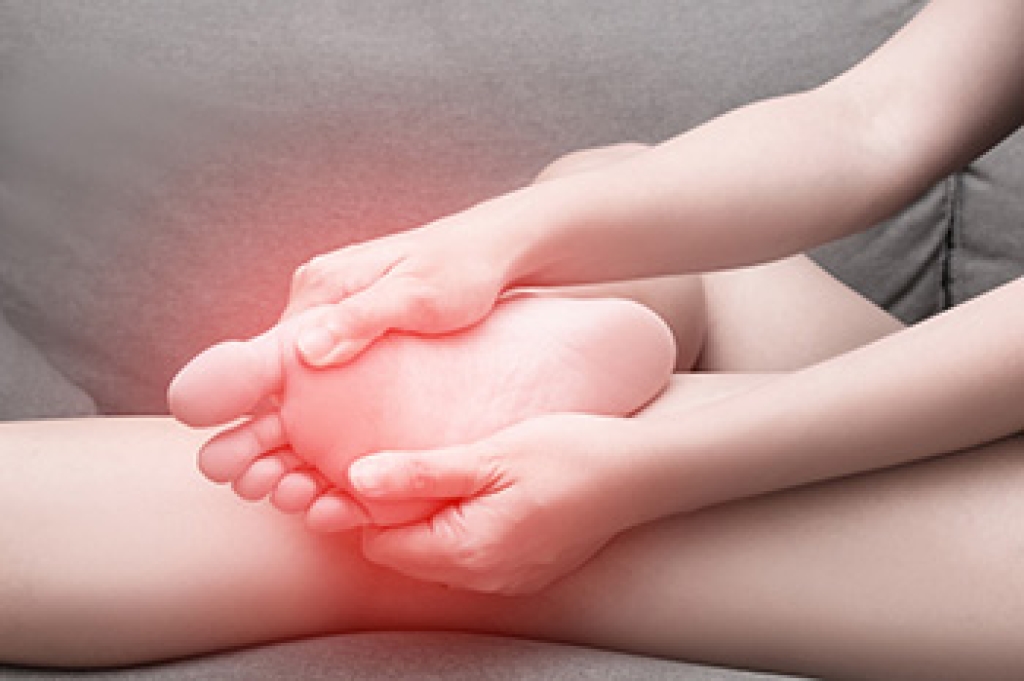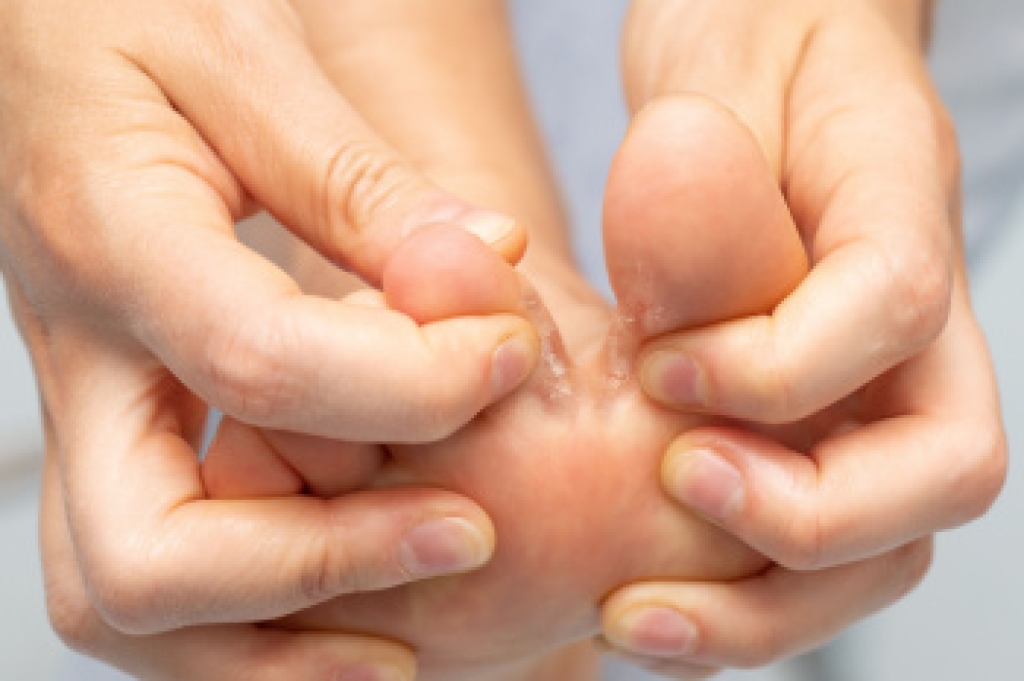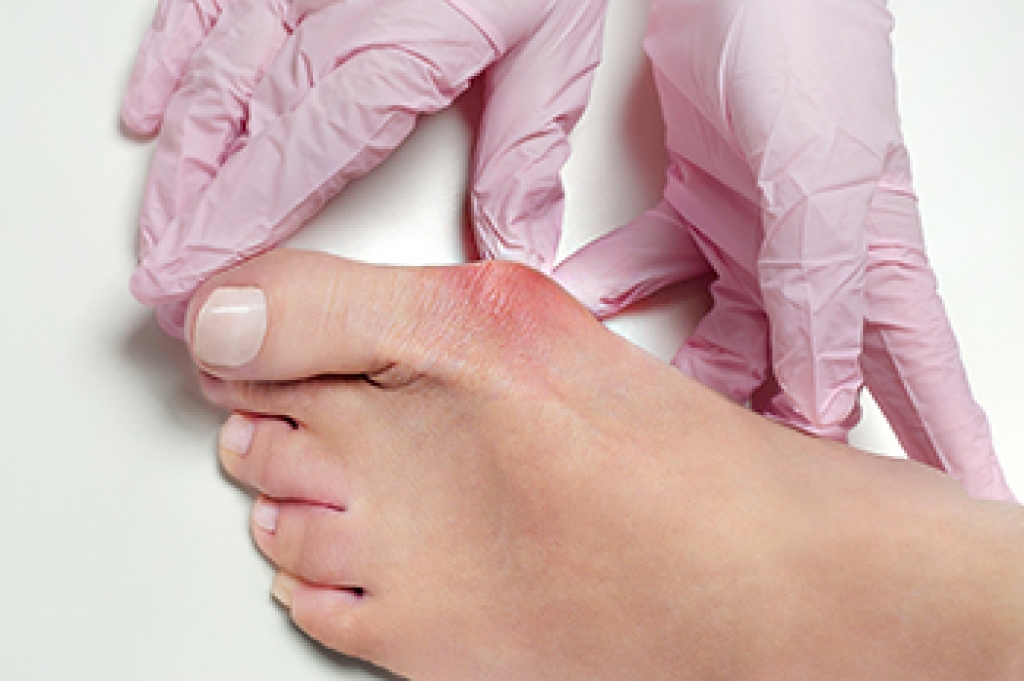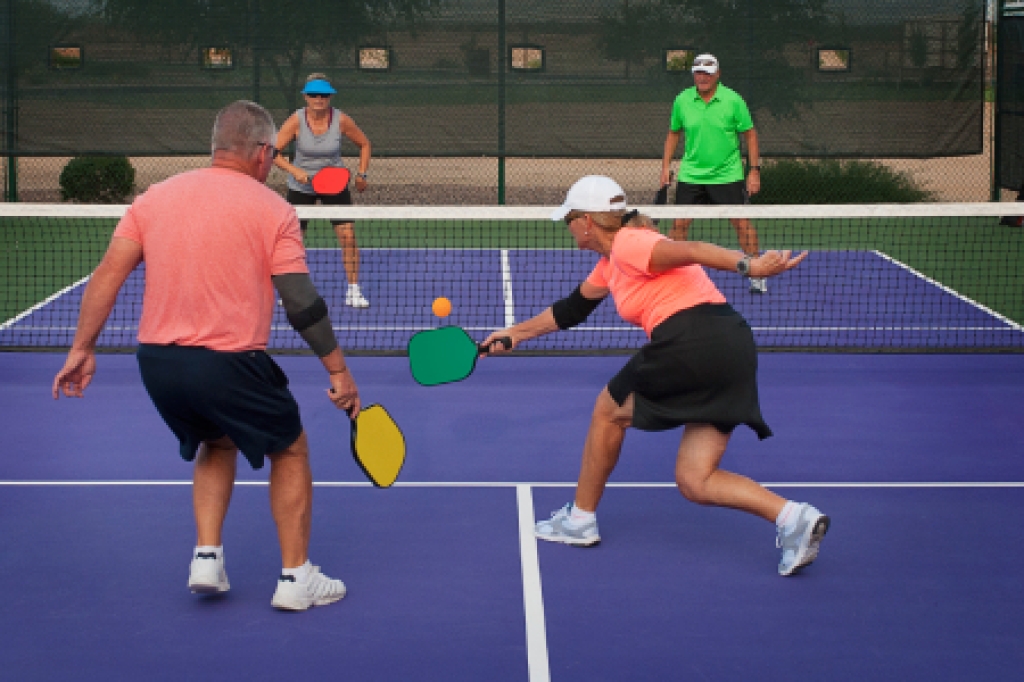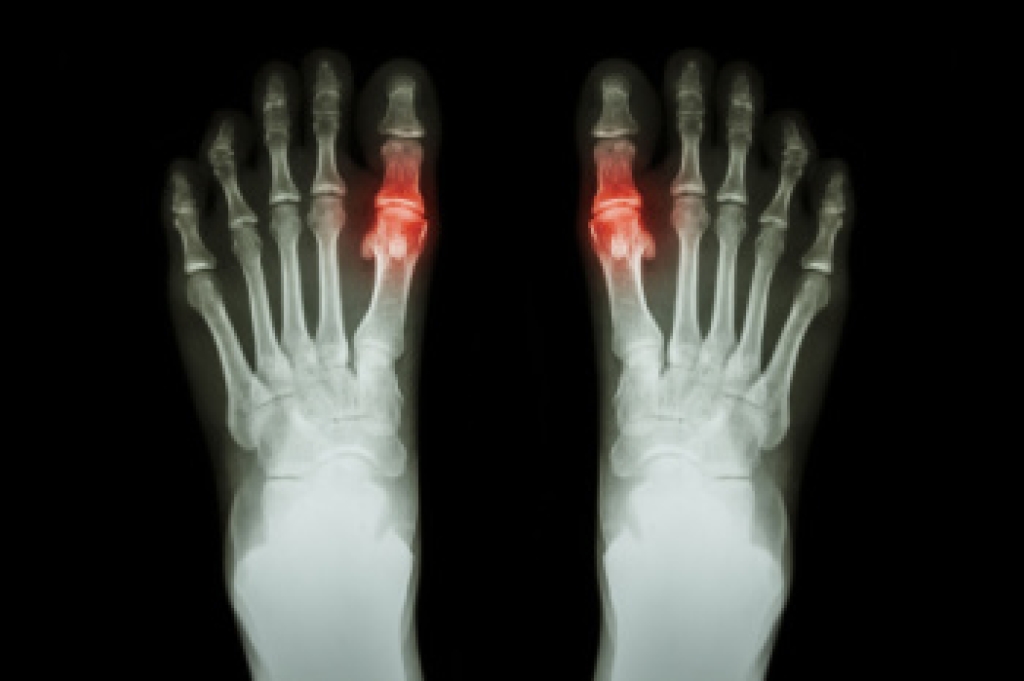
Gout is a form of inflammatory arthritis caused by a buildup of uric acid crystals in the joints, most commonly affecting the big toe. It mostly affects men because they tend to have higher uric acid levels throughout adulthood, while women are partly protected by estrogen until menopause. After menopause, women can also develop gout as uric acid levels rise. Symptoms include sudden intense joint pain, redness, swelling, warmth, and tenderness. Risk factors include obesity, high blood pressure, diabetes, certain medications, and diets high in red meat or alcohol. A podiatrist can diagnose gout, relieve pain, and recommend treatment to prevent future attacks. If you have pain in your big toe, it is suggested that you consult a podiatrist who can provide a proper diagnosis and treatment.
Gout is a foot condition that requires certain treatment and care. If you are seeking treatment, contact one of our podiatrists from Bergen Foot & Ankle. Our doctors will treat your foot and ankle needs.
What Is Gout?
Gout is a type of arthritis caused by a buildup of uric acid in the bloodstream. It often develops in the foot, especially the big toe area, although it can manifest in other parts of the body as well. Gout can make walking and standing very painful and is especially common in diabetics and the obese.
People typically get gout because of a poor diet. Genetic predisposition is also a factor. The children of parents who have had gout frequently have a chance of developing it themselves.
Gout can easily be identified by redness and inflammation of the big toe and the surrounding areas of the foot. Other symptoms include extreme fatigue, joint pain, and running high fevers. Sometimes corticosteroid drugs can be prescribed to treat gout, but the best way to combat this disease is to get more exercise and eat a better diet.
If you have any questions, please feel free to contact our offices located in Fort Lee, NJ and Flushing, NY . We offer the newest diagnostic and treatment technologies for all your foot care needs.
